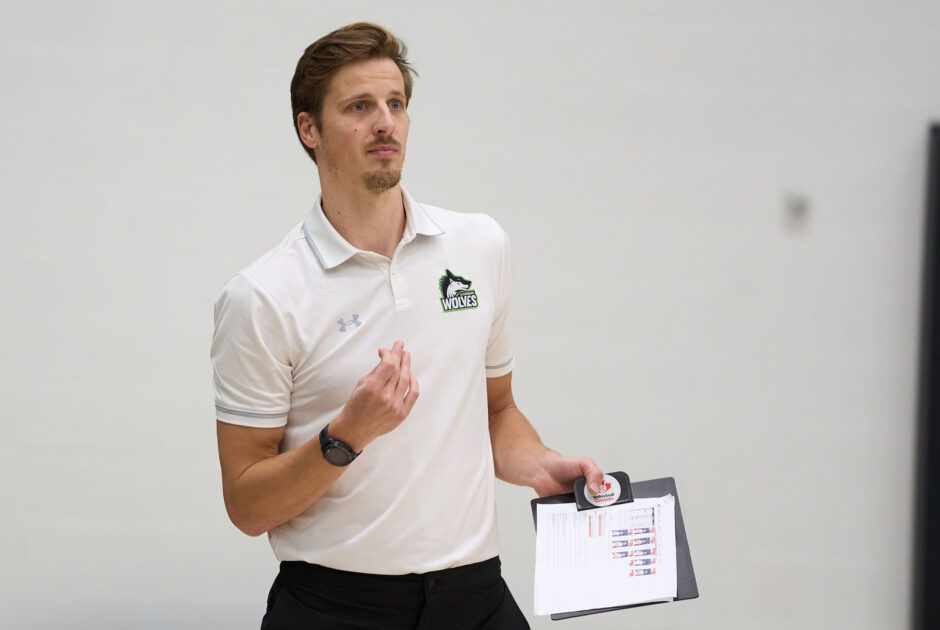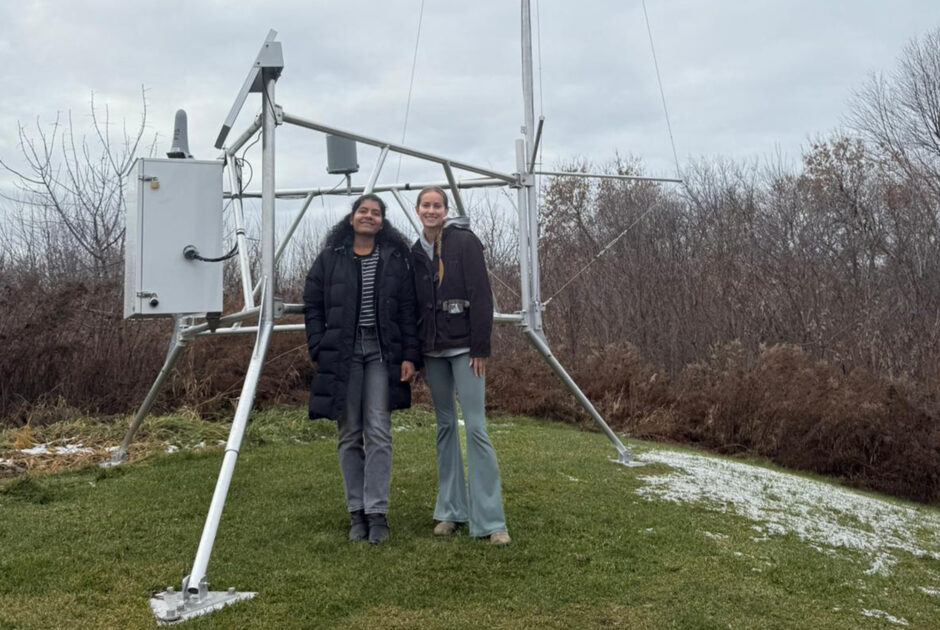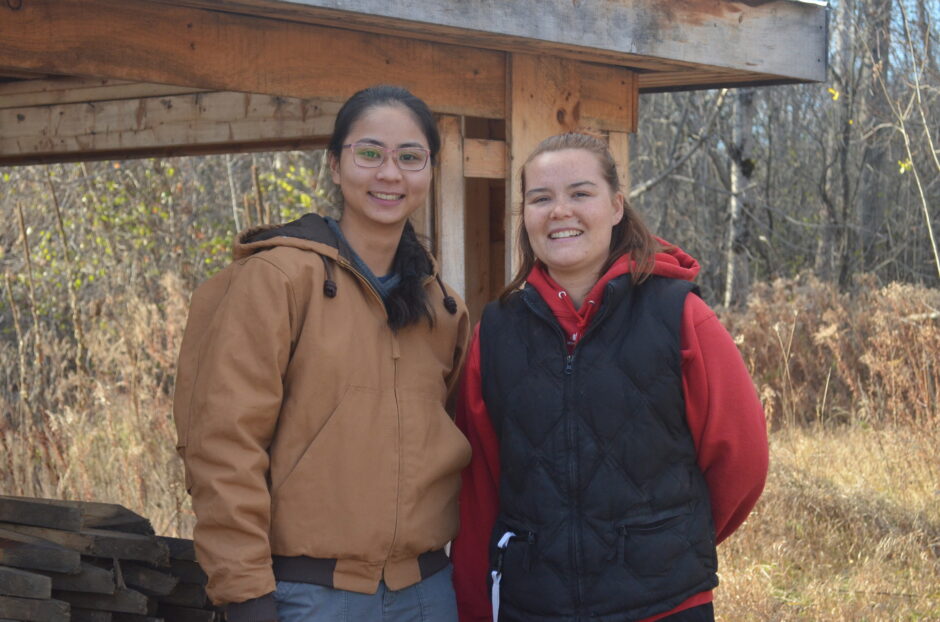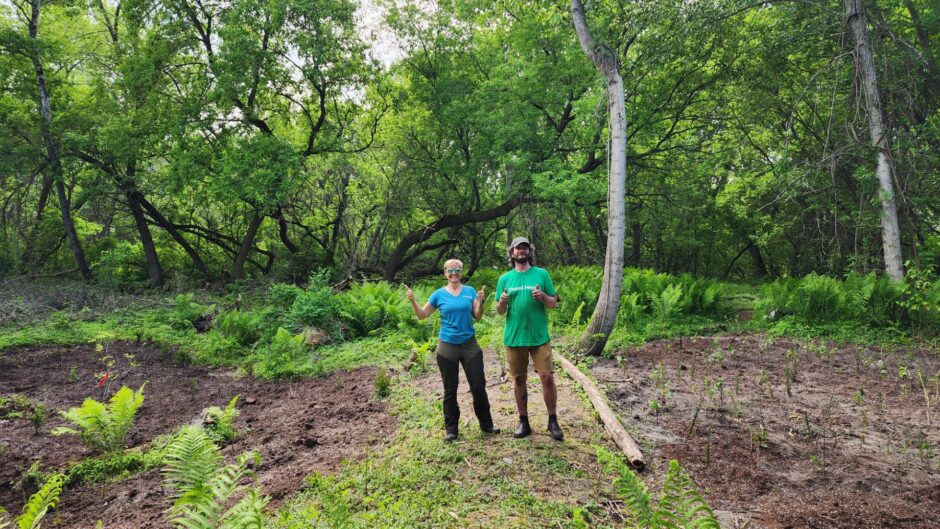First Person: whitewater rafting helped me find my courage again
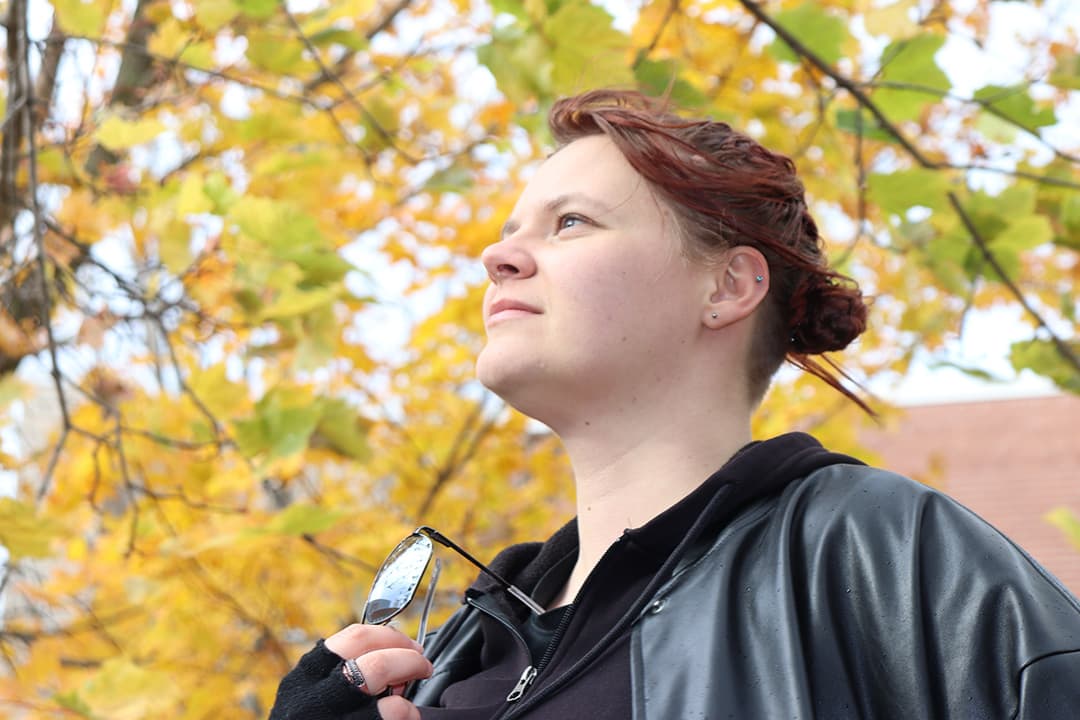
My mouth was dry. Fear was a cold hard lump in the pit of my stomach. Ice was spreading through my torso. The day was bright and sunny, however, with a chilling wind setting the mood for a small boat in the middle of the Ottawa River on a whitewater rafting adventure.
There were nine passengers on the boat with a guide in the back steering. At first, the river was slow and lazy, drifting down the border between Québec and Ontario. But too soon it was like we were nothing more than a small leaf caught in a swirling puddle. The river turned into a fast clip, then we were moving at a speed faster than I could run as we got closer to the rapids.
The potential danger of drowning wasn’t where my racing thoughts kept going. This could hurt me, I kept thinking.
Up until that point, I’d spent more years than I care to remember learning how to walk again from a debilitating knee injury. All confidence I once had in how my body works was long gone, and the fear that it could happen again had replaced my instincts with a constant worry.
And yet, that day in the boat the water had me in her arms and I was laughing. The fear was gone and I felt free. For the first time in years, I was free of fear. I’d never gotten out of my comfort zone like this before. Fear had held me back for too long.
But I had made a choice to at least try.
Facing a new adventure gave me some of my courage back. Others have found this experience rewarding too.
Jeff Jackson was the first employee brought on to the whitewater rafting program at Algonquin Pembroke’s campus 23 years ago and is now the program’s coordinator. With over 32 years of experience, he says the trick is getting past the risk part of the task to the reward part.
“Fear is an emotion that’s buried way deep in our amygdala in our brain and our rational brain can’t overpower that one,” said Jackson. “If it is an arm wrestle, the emotion is going to win every time.”
Jackson says the way his program works in facing fear is starting with baby steps, adding small things piece by piece instead of going in all at once.
“So having somebody say to you ‘Oh don’t be scared just do it,’ that’s a totally rational thing and that’s not how our bodies work, so we need to prove to our emotion centre way deep in the core of our brain that we can do this and its actually not worth being afraid of it.”
His first advice for trying out outdoor adventure activities is to do your research and test yourself in small doses.
“It’s all about learning and testing, so you learn and then you test yourself and if you are good at this then you can add a little more,” said Jackson.
Ralph Plath is a professor at Algonquin and teaches photography. He has paddled thousands of kilometres on whitewater canoeing trips over the last 30 years and believes it takes a certain person to overcome the fears and the challenges and go out for high-risk activities like rafting.
“I think it’s good to challenge yourself and push yourself and take yourself out of your usual comforts,” Plath said. “I think you grow as a person, you know, I mean, physically and mentally. I think it’s good for people to be out of their comfort zone.”
Confidence is the key, he says.
“You can do this! Most people have the ability inside them, they just don’t push themselves.”
Even with years of experience, Plath says he still feels that fear every time he rides a large stretch of whitewater, but it is a good thing to have.
“You’re always going to have a little bit of fear in you, and I think it’s a healthy fear because it keeps you on your toes, keeps your adrenaline pumping,” said Plath.
Finding my own courage again after so long has made me realize the fear I feel may not always be a bad thing, but I am never letting it slow me down again.
And as much as I would like to end this story on a high note and on all the good to come out of this adventure, there is one warning I should tell you.
Don’t tell your mother.
I am now grounded.





